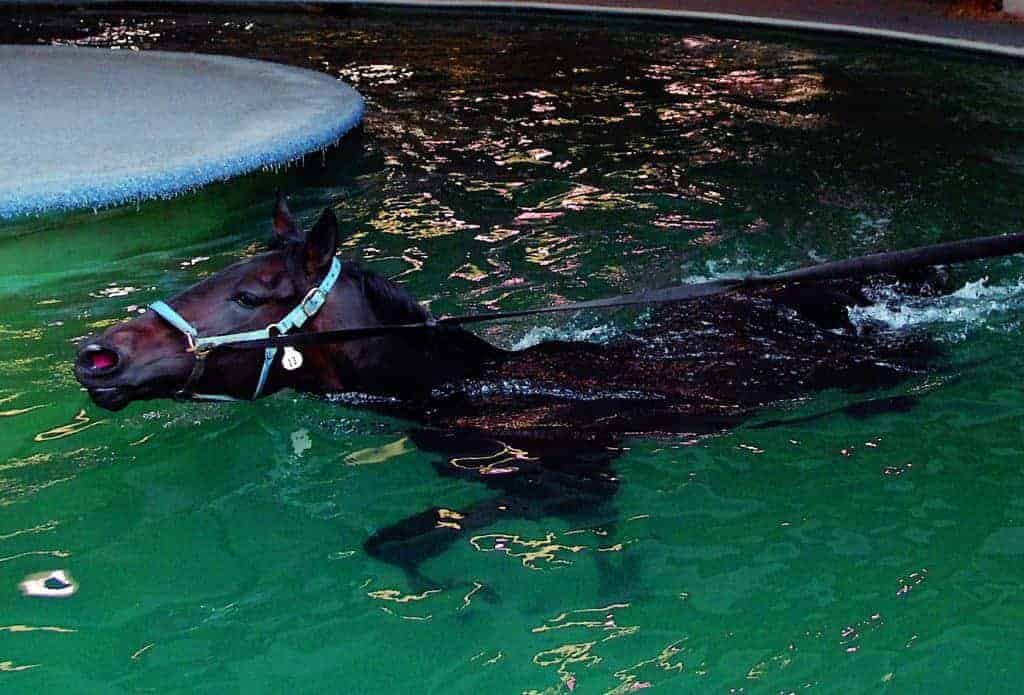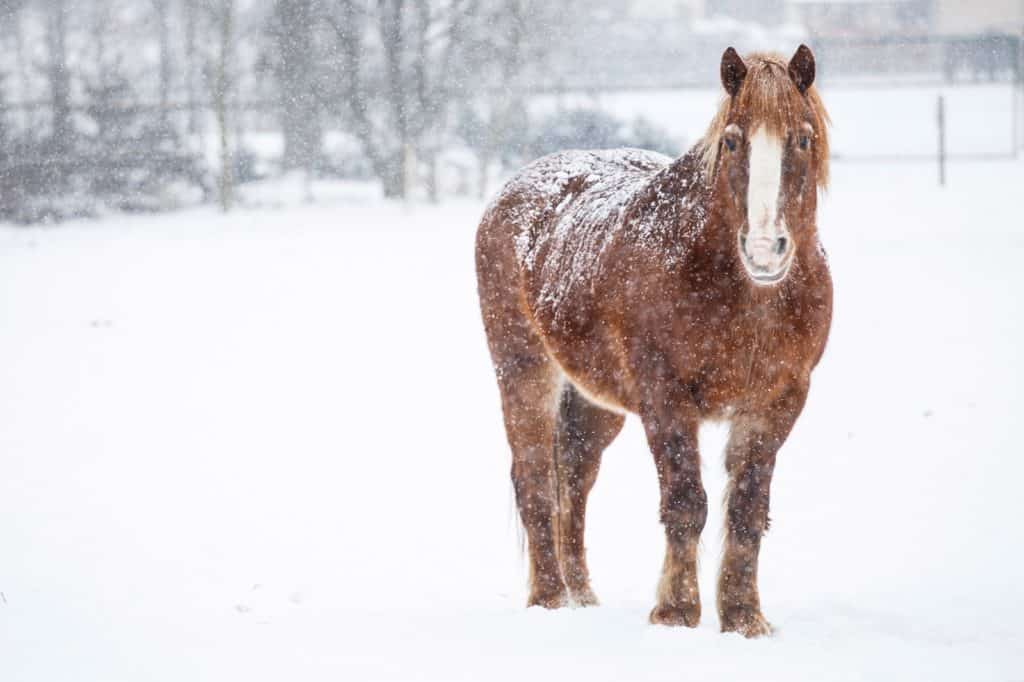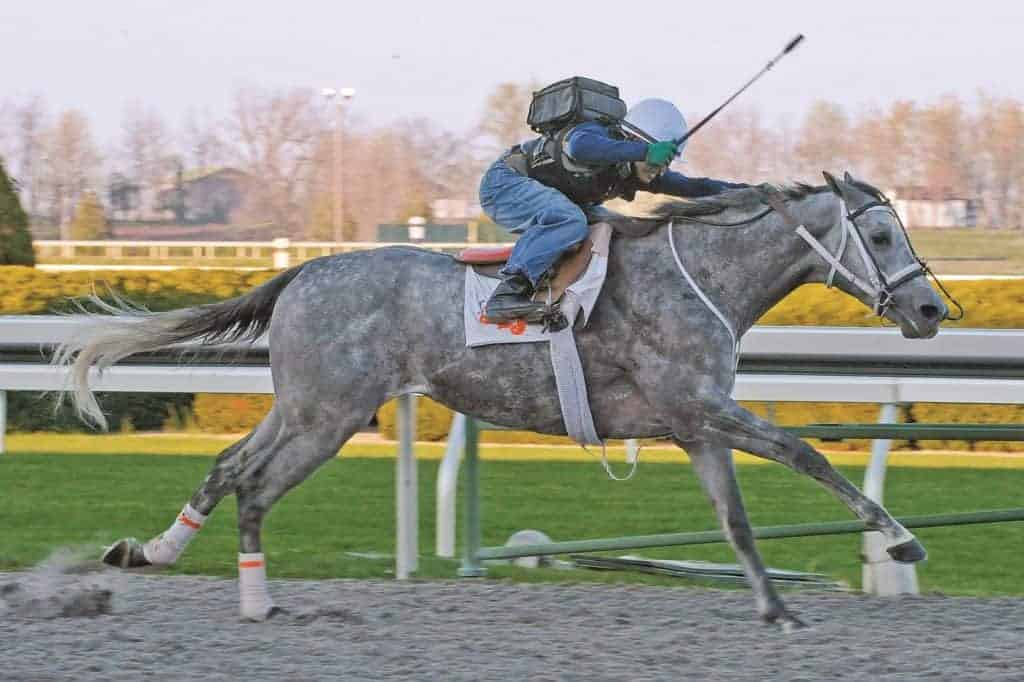
EVA Prevalence in Spanish Horses
Blood samples revealed a 21% positive rate in breeding stallions compared to 6.7% in sport horses.
News and issues for equine health professionals

Blood samples revealed a 21% positive rate in breeding stallions compared to 6.7% in sport horses.

Among other results, scientists found that foals born to light-therapy mares were more mature at birth and grew faster.

Learn about diagnosis and management of navicular horses.

Nigel Marsh shares advice for veterinarians on achieving the often-elusive balance between careers and personal lives.

Laboratory results show the stem cells can differentiate into fat, bone, cartilage, and muscle tissue.

Low-intensity swimming could help maintain glucose and insulin levels without putting excess strain on horses’ limbs.

Researchers have determined that that some gastrointestinal lesions are more common in certain types of horses.

Researchers are studying whether magnetic nanoparticles could effectively separate “X” and “Y” stallion spermatozoa.

Join The Horse as we meet vendors on the AAEP Trade Show floor.

Take a look at how immunosenescence and its effects impact the way owners and veterinarians care for senior horses.

This part of the study details behavioral pain markers, including head tossing, unwillingness to go forwards, and more.

Delia Nash introduces Kentucky Performance Products’ line of nutritional products for horses.

Lean horses actually spent more time than obese ones eating, but both groups consume roughly the same amount of hay.
The American Association of Equine Practitioners’ 63rd Annual Convention took place Nov. 17-21 in San Antonio, Texas.

Ensure you’re providing your senior horse with the support he needs to stay healthy all winter long.

Surgeon Dr. Brett Woodie covers ways vets can identify the causes of upper-respiratory issues in athletic horses.
Stay on top of the most recent Horse Health news with
"*" indicates required fields